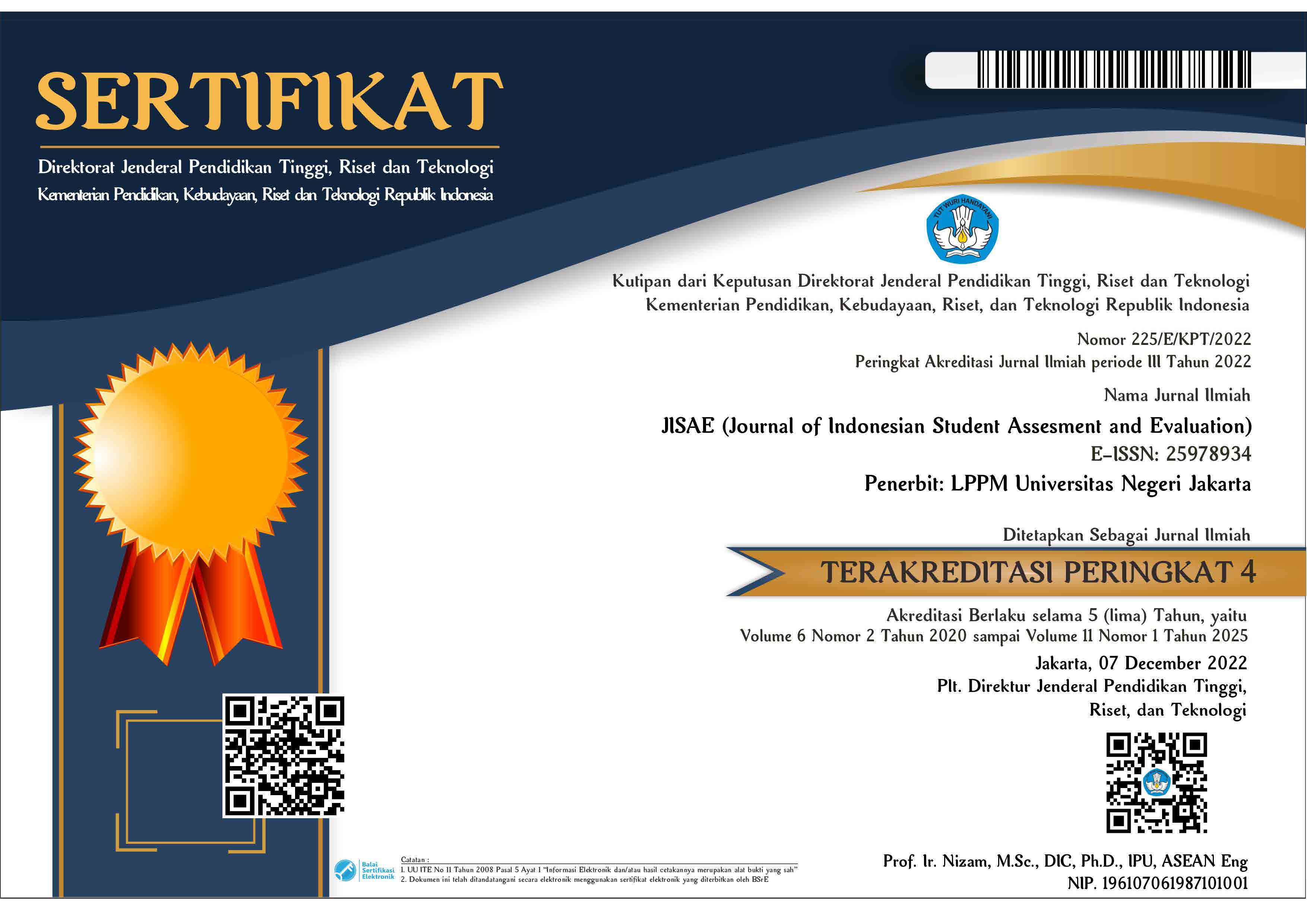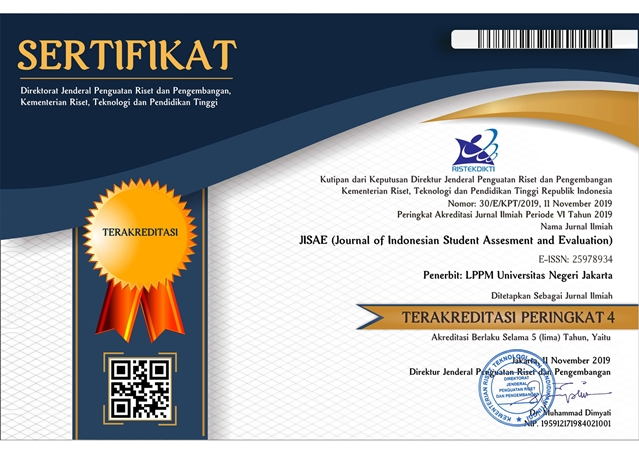EDUCATION AND EVALUATION IN A BUDDHISM PERSPECTIVE
DOI:
https://doi.org/10.21009/jisae.v9i2.37918Keywords:
Education, Evaluation, BuddhismAbstract
In today's modern era, advances in technology and knowledge have changed the civilization of people's lives with a new global culture that cannot be stopped anymore. In creating harmony, society is faced with the challenge of self-control of passions, emotions, and others which often lead to crime. This is the reason for the profanity of problems in society. Education developed in Buddhism (based on Buddhism) teaches us to see problems, see root causes, analyze problems and at the same time provide problem-solving solutions, which aim to achieve a more enlightened life. Buddhist education is defined as the process of getting rid of the main sources of human mental depravity, namely ignorance, greed, and hatred. Education in Buddhism is the transmission of values, knowledge, abilities, attitudes, and behaviors which are life itself. The method used in this research is descriptive qualitative. To interpret text data in this study using a hermeneutic approach. Based on the study that Buddhist education is pragmatic based on love and compassion, it is one of the ways to build a harmonious social life in society. Therefore, education also aims to get rid of suffering caused by ignorance, greed, and hatred and change human behavior. The success of education can be evaluated by how far each person can lead to better and more useful thoughts, words, and actions for life.










